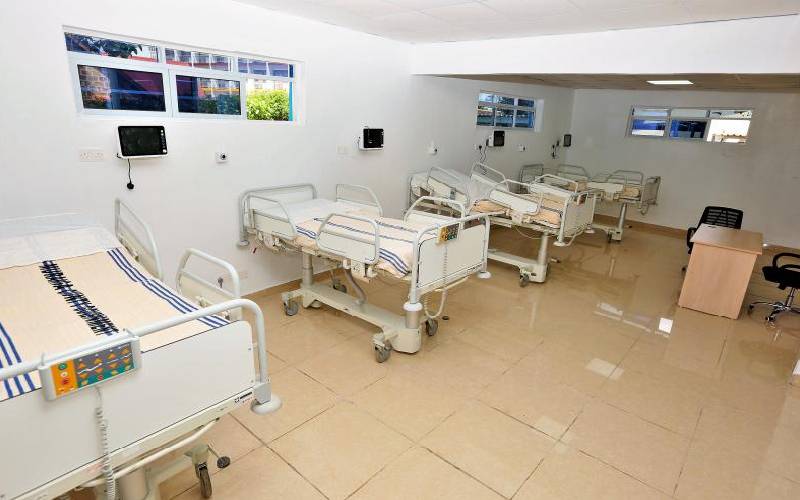×
The Standard e-Paper
Kenya’s Boldest Voice

As a little girl growing up in rural Kenya, I had to walk at least five kilometres to the nearest hospital. Since then, a lot has changed. Hospitals have been built in close proximity to rural areas, curbing the challenge of walking hundreds of kilometres to access healthcare.